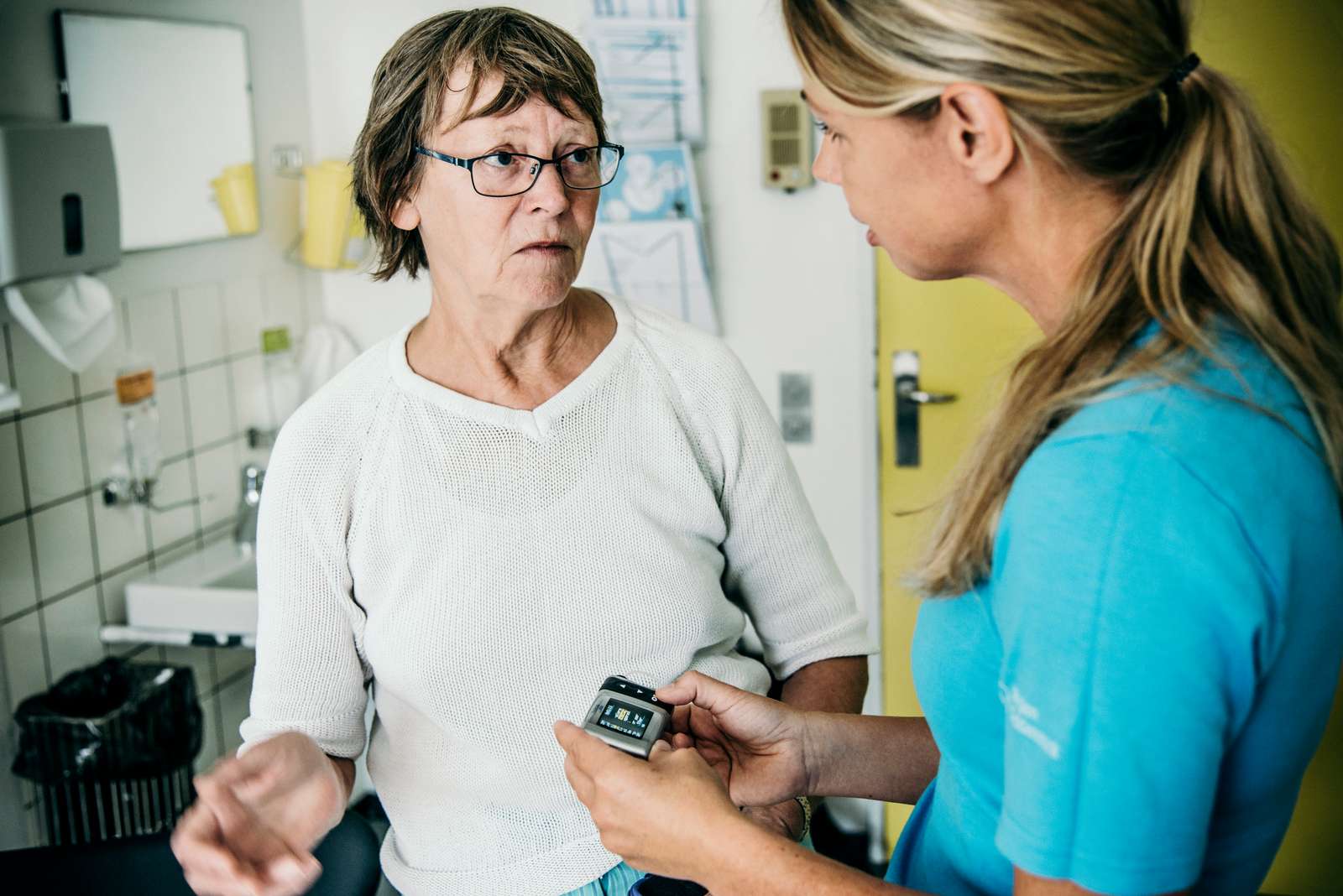Despite major advances in research and treatment, the prevalence of cardiometabolic disease has doubled in the last 30 years. This group of conditions – including obesity and type 2 diabetes – and associated complications such as heart attack, stroke and kidney failure are now the leading cause of death worldwide. A Novo Nordisk Foundation pilot programme aims to accelerate the implementation of new and better treatments and procedures for cardiometabolic disease, improving quality of life and even saving lives.
The Clinical Accelerator Programme (CAP) supports researchers seeking to take new and proven treatments, procedures or clinical devices from research into clinical practice. In 2024, three projects are receiving funds through this programme, covering therapeutic interventions in intensive care units, the use of molecular screening to diagnose a type of blood cancer with cardiovascular implications, and a possible new treatment for acute heart failure.
“Basic research is crucial to further improve our biological understanding of cardiometabolic disease, and we remain committed to funding this,” says Martin Ridderstråle, Senior Vice President and head of Medical Science at the Novo Nordisk Foundation. “But translating that new knowledge into real-world treatments smoothly and efficiently is equally important.
“CAP is one of several translational programmes here at the Foundation and I’m looking forward to seeing what these three innovative projects can achieve. If they’re successful, the programme may continue in the future.”
The road to implementation
Taking a new intervention from the lab to the clinic – from “bench to bedside” – is often a long and complex process. A successful one involves many iterations, extensive data collection and analysis, and close collaboration between basic and clinical scientists, clinical practitioners, local and governmental stakeholders and private actors, to ensure the new intervention can and will be embedded in daily use.
One of the major barriers is lack of funding, which can lead to countless evidence-based procedures, practices and products failing to reach the people who need them.
The three projects funded through CAP have been selected not only for their exciting diagnostic or therapeutic potential, but also because they are based on solid preliminary data, they prioritise collaboration, and their benefits to patients and healthcare systems far outweigh the costs.
The grantees
Professor Anders Perner of Rigshospitalet, Copenhagen, has been granted DKK 30 million to trial the use of a live, automatic data capture software system to identify in real time how well prophylactic or therapeutic interventions are working in individual intensive care patients with cardiometabolic disease. This could help clinicians decide which interventions should be continued or stopped and, more widely, be a model for evidence-based improvements across the healthcare system.
Professor Hans Hasselbalch from Zealand University Hospital is receiving DKK 11.4 million to study the link between the JAK2 genetic mutation and myeloproliferative blood cancers (MPN), which often lead to cardiovascular disease. He and his team aim to strengthen the evidence showing a correlation, look into molecular screening as a means of identifying people at risk of MPN and of early diagnosis, and establish Denmark’s first clinic dedicated to screening and monitoring for this and similar diseases.
Finally, DKK 6.5 million has been granted to Professor Henrik Wiggers from Aarhus University Hospital to run an extensive study looking at whether the compound ketone ester has significant benefit for patients experiencing acute heart failure. This condition has a mortality rate of up to 50%, so there is an urgent need for truly beneficial treatments.
Each recipient and their team will receive the grant amount over four years.









